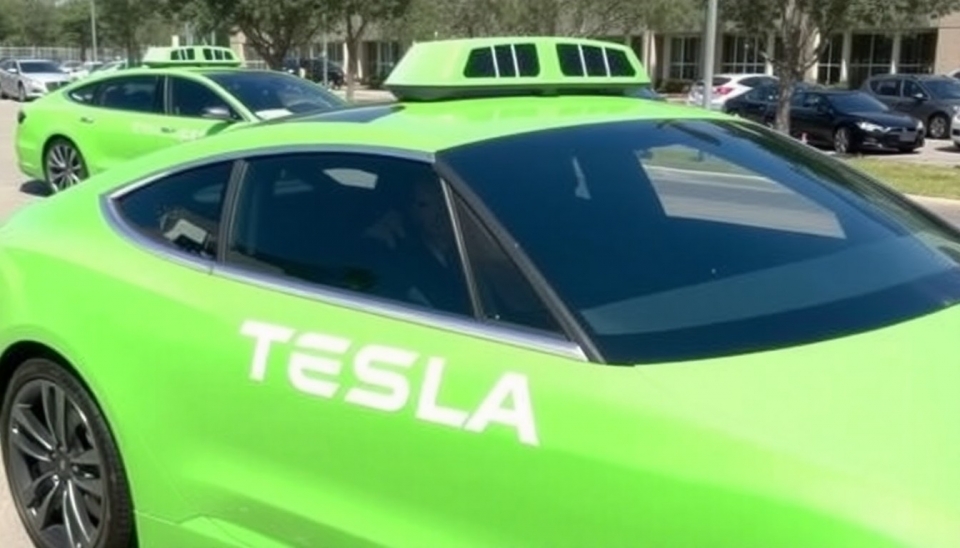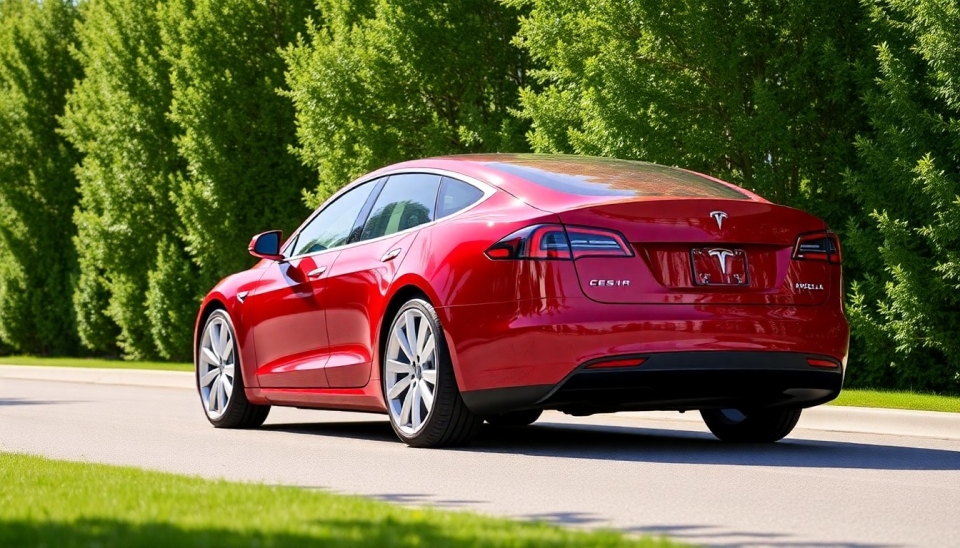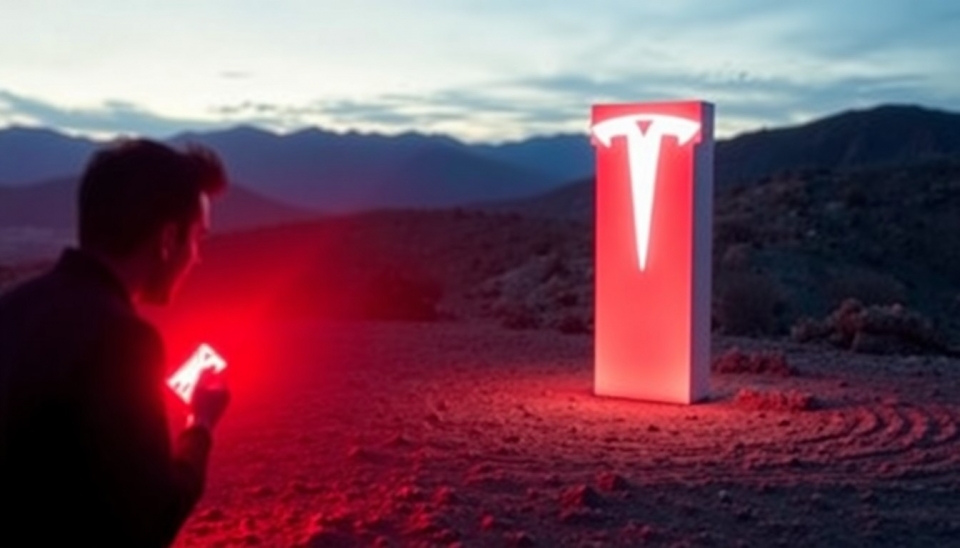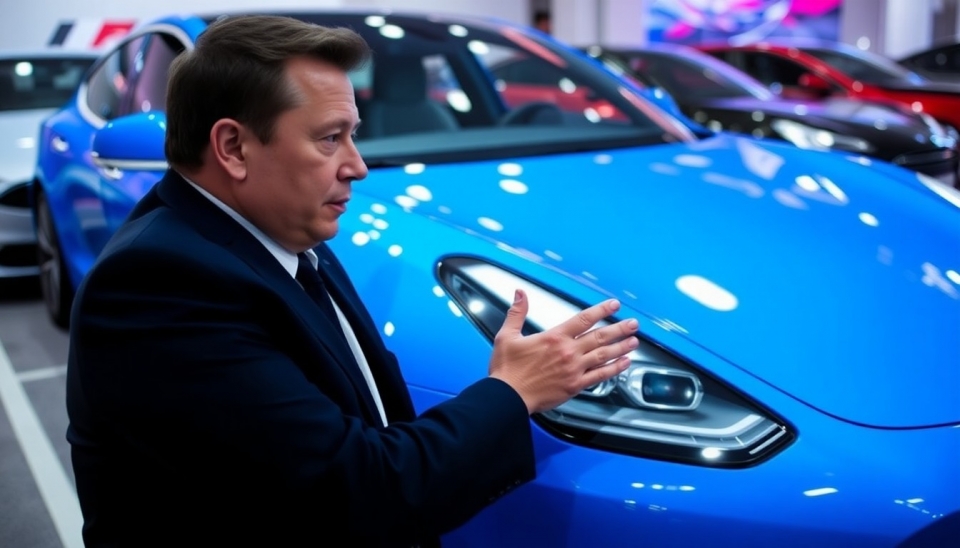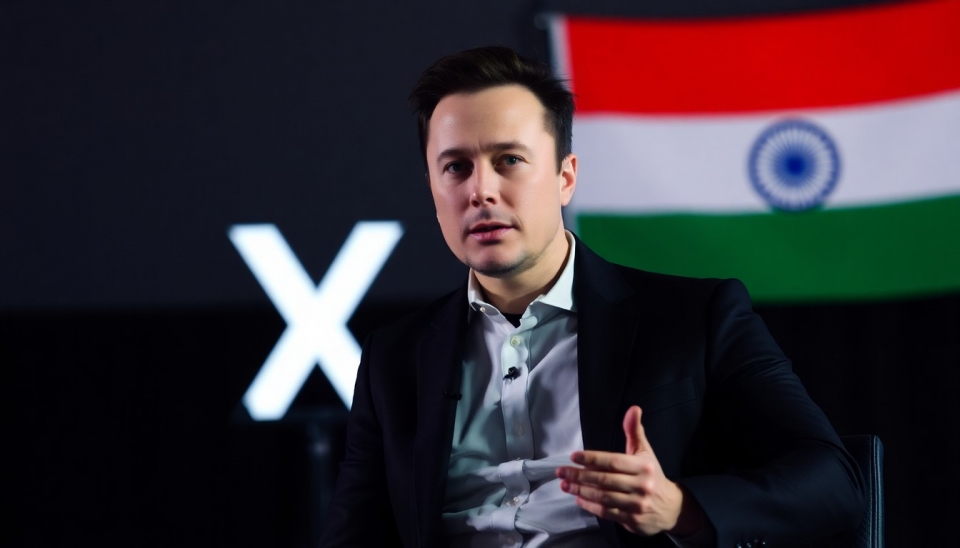
In a noteworthy development that has attracted significant attention, Elon Musk, the billionaire entrepreneur and CEO of SpaceX and Tesla, has launched a lawsuit against the Indian government. This legal action centers on allegations of censorship related to orders issued for the removal of content on the social media platform X, formerly known as Twitter. Musk's complaint underscores a growing tension between private social media companies and governmental authorities, particularly concerning issues of free speech and censorship.
The lawsuit, filed in the High Court in Delhi, argues that the Indian government’s orders to take down certain posts violate the constitutional guarantee of free speech under Article 19 of the Indian Constitution. Musk and his legal team contend that the government has overstepped its bounds by compelling X to remove content without following appropriate legal procedures, thereby infringing upon users' rights to express themselves freely.
This case highlights the ongoing brisk relationship between social media platforms and governments worldwide as they navigate the complex landscape of online speech. Musk's X has faced multiple takedown requests from various governments over content deemed offensive or harmful, but this suit brings questionable censorship practices directly to the foreground, as Musk seeks to challenge the legality of such governmental interventions.
In earlier statements, Musk has been a vocal advocate for promoting freedom of speech on social media. His position is that, while platforms do have the right to moderate content, they should not capitulate to governmental pressure that infringes on individual freedoms. This lawsuit, therefore, aims not only to defend the interests of X but also to establish a broader precedent regarding the limits of governmental power over digital communication platforms.
The Indian government, on its part, has justified its requests through national security and public order arguments. Officials have argued that some content on social media can incite violence or spread misinformation, necessitating swift action to maintain peace and order. This ongoing battle over the balance between state intervention and individual rights is expected to be pivotal, as it may set significant benchmarks for how social media companies operate under national laws.
Musk's high-profile nature and the intensity of the legal battle could potentially attract widespread media coverage and public interest, further illuminating the larger discourse on digital freedom and the role of government in regulating online content. Observers are now keenly watching not just the outcome of this legal challenge, but how it might influence similar cases around the globe, particularly in countries where state control over digital narratives is pronounced.
The filing of this lawsuit has garnered mixed reactions. Supporters of free speech hailed it as a bold move against censorship, while critics warn of the implications such a measure could have for content moderation and the responsibilities of social media platforms in curbing harmful content. The complexity of this situation reflects the chaotic nature of modern digital communication, where the intersection of technology, law, and civil liberties continues to evolve dynamically.
As the legal proceedings unfold, it remains unclear how this case will reshape the dialogue between social media platforms and government authorities. With significant political ramifications, Musk's lawsuit is poised to be a landmark case in the broader narrative of freedom of speech and governmental control in the digital age.
#ElonMusk #India #Censorship #FreeSpeech #SocialMedia #LegalAction #DigitalRights #GovernmentRegulation
Author: Liam Carter
